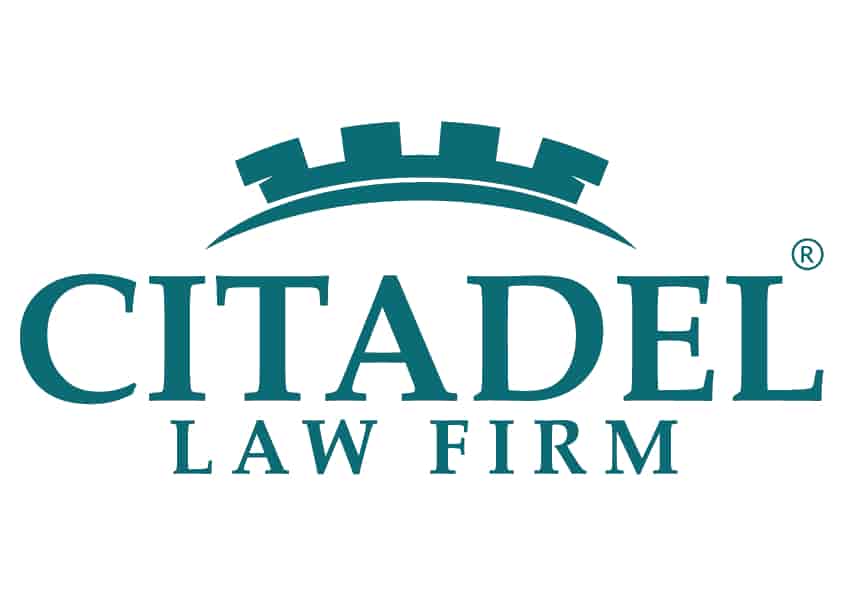Health Care Power of Attorney: What It Is, Why You Need One, and How It Protects You
A Health Care Power of Attorney (HCPOA) is a legally binding document that allows another person called your health care agent to make medical decisions for you if you are unable to communicate. It works alongside your living will, financial power of attorney, and estate plan. Every adult age 18+ should have one, because accidents, medical emergencies, and sudden illness can happen at any time. Without an HCPOA, loved ones may be prevented from speaking to doctors or making critical medical decisions.
What Is a Health Care Power of Attorney?
A Health Care Power of Attorney is an essential legal document in which you appoint someone you trust to make medical decisions for you when you cannot make them yourself.
You are the principal, and the person you choose becomes your agent or health care proxy.
This document:
-
Gives your agent authority to speak with doctors
-
Ensures your medical wishes are followed
-
Provides clarity during emergencies
-
Protects you when you cannot advocate for yourself
Most importantly, it gives you control over who makes decisions on your behalf—rather than leaving it up to the court or hospital policies.
Key Terms to Know
-
Principal – the person giving authority (you)
-
Agent / Proxy – the person making decisions on your behalf
-
Durable HCPOA – remains valid even if you are incapacitated
-
HIPAA Release – allows your agent to access medical information
-
Alternate Agents – backups if your first choice is unavailable
-
Scope of Authority – defines what decisions they can make
A properly drafted HCPOA should always include HIPAA authorization; otherwise, your agent may not legally receive information about your condition.
What Can a Health Care Agent Do?
Your health care agent may be responsible for making decisions such as:
Approving or Declining Medical Treatments
This can include surgery, medications, blood transfusions, and other interventions.
Communicating With Doctors and Specialists
Your agent has the right to receive updates and ask questions about your condition.
Choosing Medical Facilities
Your agent can help determine the hospital, rehabilitation center, or long-term care facility.
End-of-Life Decisions
In situations involving life support, CPR, and ventilators, your agent will follow your stated wishes.
Accessing Medical Records (HIPAA)
With proper authorization, your agent can receive and review medical documents.
Organ Donation & Palliative Care Decisions
They can make decisions aligned with your personal beliefs and preferences.
Why Every Adult Needs a Health Care Power of Attorney
A HCPOA is not only for seniors. Adults of all ages can experience medical emergencies, car accidents, sudden illnesses, or complications during routine procedures.
Without one:
-
Loved ones may not be legally allowed to speak with doctors
-
Family disagreements can occur about what care you should receive
-
Medical providers may make decisions without your family’s involvement
-
A court may appoint a guardian (a costly, emotional process)
Avoid Family Conflict in Emergencies
Your family may have different opinions about your care, especially in crisis situations. A HCPOA clearly designates one person to decide, reducing potential conflict.
Ensure Your Medical Wishes Are Followed
Your agent will follow your values and preferences, rather than leaving decisions to hospital ethics boards or overburdened medical staff.
Prevent Court-Appointed Guardianship
Without a HCPOA, your family may need to petition a court for guardianship—an expensive and time-consuming process.
Give Loved Ones HIPAA Access
A HCPOA (with HIPAA release) removes barriers that prevent family members from getting updates about your condition.
Health Care POA vs. Living Will vs. Advance Directive
Many people confuse these documents, but they serve different roles.
Health Care Power of Attorney
Appoints a person to make decisions.
Living Will
States your medical wishes for end-of-life or life-sustaining treatment.
Advance Directive
May combine both documents, depending on the state.
Why You Need Both
A HCPOA + Living Will provide a complete picture of your medical preferences.
To understand the other half of medical decision-making, see why a living will is also important for medical decisions this gives deeper clarity on how both documents work together.
How to Choose the Right Health Care Agent
Choosing your agent may be the most important part of creating your HCPOA. You need someone who can handle pressure and make decisions that align with your values.
Qualities to Look For
-
Trustworthy and responsible
-
Good communicator
-
Able to stay calm in emergencies
-
Lives nearby or can be reached quickly
-
Understands (or is willing to understand) your medical preferences
-
Will follow your instructions—even if others disagree
Consider Appointing Successor Agents
Your first choice may be unavailable at the time you need them, so having backups is essential.
How a Health Care Power of Attorney Fits Into Your Estate Plan
A HCPOA is one piece of a complete incapacity plan. It works alongside:
-
Your living will
-
Your financial power of attorney
-
Your revocable living trust
-
Your last will and testament
How They Work Together
-
The HCPOA handles your medical decisions
-
The financial POA ensures bills, insurance, and financial obligations are managed
-
The living will states your end-of-life preferences
-
Your trust or will distributes your assets after death
This entire framework prevents legal issues, confusion, and unnecessary delays.
Common Mistakes People Make With Health Care POAs
Not Including HIPAA Language
Without this, your agent cannot legally access your medical chart.
Choosing the Wrong Person
A loved one who is emotional or unable to make difficult decisions may not be the best choice.
Not Updating the Document
Life changes—marriage, divorce, death of a loved one—may require a new agent.
Assuming Spouses Automatically Have Authority
They do not, especially if accounts or records are restricted.
Not Providing Copies to Doctors or Hospitals
If no one can find the document, it cannot protect you.
How to Create a Health Care Power of Attorney
Here is the typical process:
1. Consult With an Estate Planning Attorney
Laws vary by state. An attorney ensures your document is valid and enforceable under Arizona law.
2. Choose Your Agent and Alternates
Think about their emotional and decision-making capabilities.
3. Define Your Medical Preferences
Discuss preferences for life support, resuscitation, and long-term care.
4. Sign Properly With Required Witnesses or Notary
Some states mandate specific signatures and notarization.
5. Distribute Copies
Give copies to your agent, doctor, and trusted family members.
6. Review Every 3–5 Years
Keep it current with your circumstances.
FAQs About Health Care Power of Attorney
Does a health care power of attorney override family wishes?
Yes. Your agent’s decisions take priority.
Does a HCPOA expire?
It may expire if you set a time limit or if you revoke it.
Can I have more than one agent?
Yes, but co-agents can create delays. Successor agents are usually better.
Does marriage revoke a HCPOA?
Not automatically. Laws vary, so ask your attorney.
What happens if I never create one?
Medical providers may make decisions without family input, or a court may appoint a guardian.
Final Checklist Before Signing Your Health Care POA
✔ Agent understands your wishes
✔ HIPAA release included
✔ Alternates named
✔ Living will reviewed
✔ Copies distributed to appropriate people
✔ Stored securely with your estate plan
Work With an Experienced Estate Planning Attorney Today
A well-drafted Health Care Power of Attorney is one of the most important documents you can have—regardless of age or health. It gives your family clear direction and ensures your medical preferences are respected during emergencies.
If you want to create a legally sound HCPOA that aligns with your full estate plan, the attorneys at Citadel Law Firm can help.


